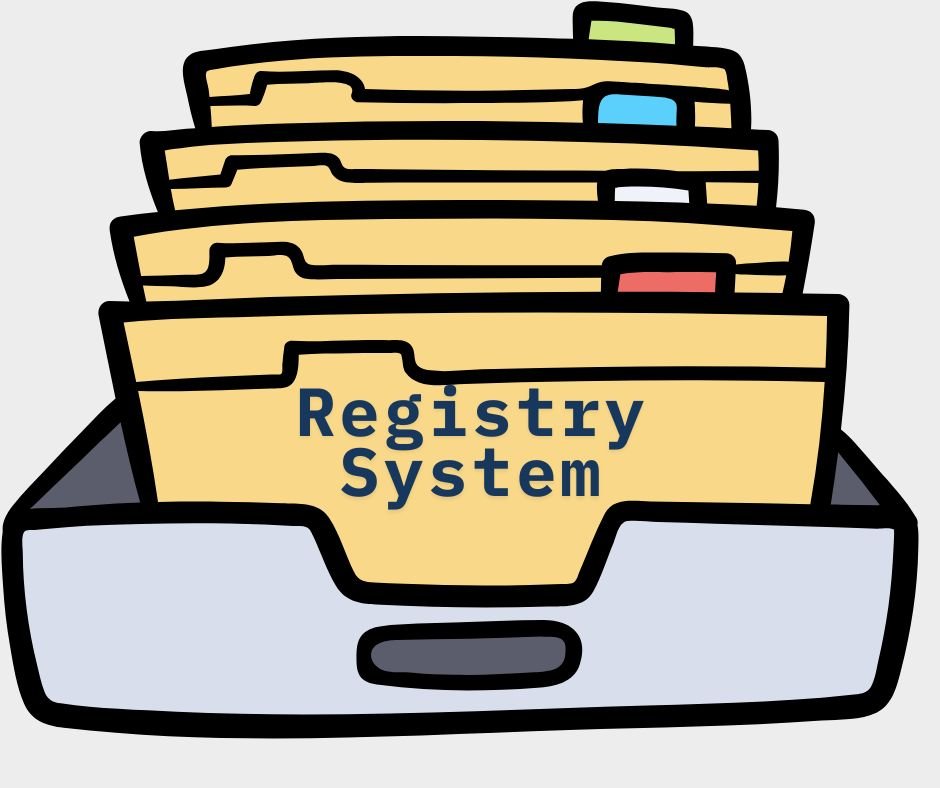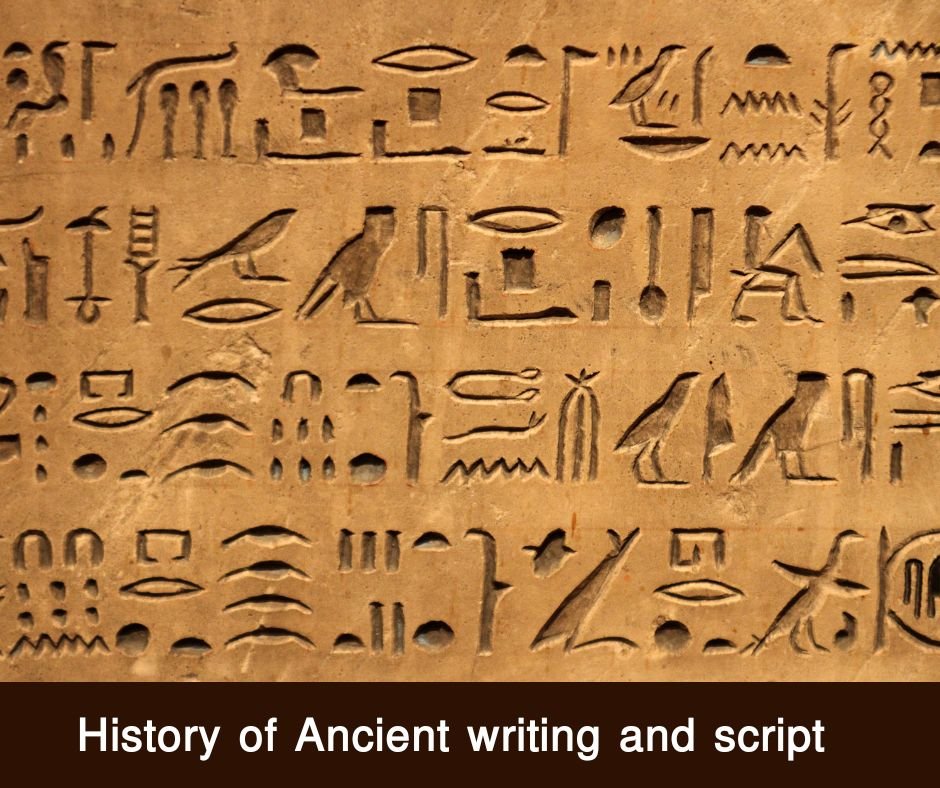Library of Alexandria
The quest for knowledge of man began at the dawn of civilization. And with this quest for knowledge, its distribution also began in various forms, shapes, gestures, lines, and letters. The dissemination of knowledge continued in images and in various streams of history. The oldest writing found in the world was written about 5 thousand […]









